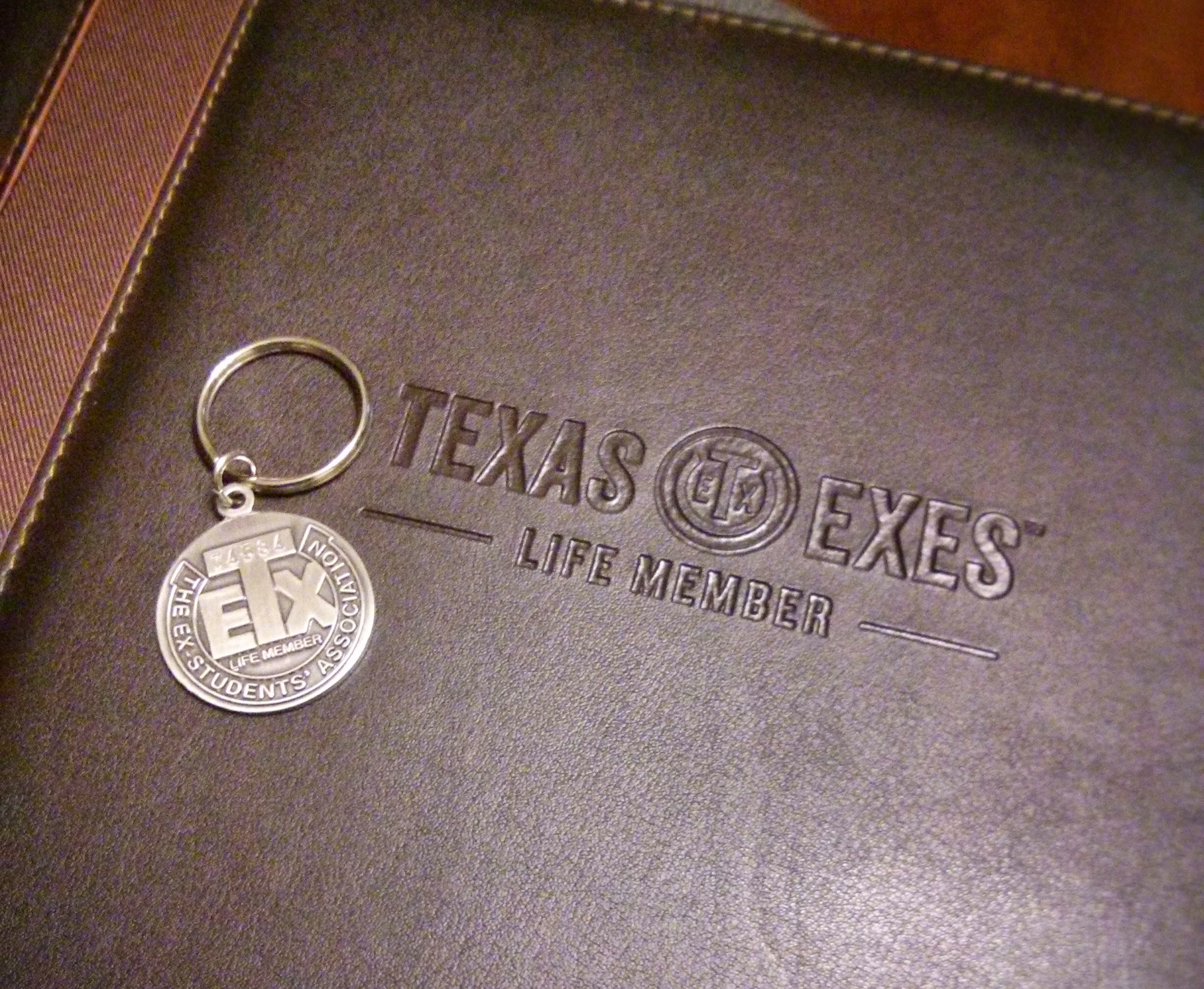In the news recently is a group of Longhorns student-athletes who, among other things, have asked The University of Texas at Austin to stop singing The Eyes of Texas.
The Eyes of Texas is rooted as satire making fun of then-University President Prather who used the phrase “The eyes of Texas are upon you” in speeches to the University community.
He took the phrase from General Robert E. Lee, while he was president of Washington University where Prather was a student, who said “the eyes of the South are upon you”. After research by the UT-Austin commission on the song, they determined that the story of the origination of the phrase “The Eyes of Texas are upon you” coming from Lee’s “The Eyes of the South are upon you” is not correct with no evidence to support it.
The song itself was written and sung by a group of university students who first performed the song at a minstrel show, which means it is pretty likely that it was performed in blackface.
On one hand, I love the notion that “the eyes of Texas are upon you”. Prescribed by the state’s constitution, we are the state’s first-class university, meant to be the crown jewel of the higher learning of Texas. The notion that the entire state looks at what The University is doing resonates with me.
The tune itself is just I’ve Been Working on the Railroad—which is not that interesting musically and, notably, not without it’s own controversial minstrel origins.
Alternatively, “What Starts Here Changes The World” has been the University’s slogan for nearly 20 years now and celebrates UT’s role as an international university of note. The eyes of Texas aren’t all that are upon us.
At the end of the day, the University is a living organization. Traditions change over time. Some of them we can remember and acknowledge that maybe they weren’t the best idea. Some of them can change over time.
My affiliation is first to the friends I made while at the University and to my own evolution that took place there. Secondly, it is to the institution as it is now—my role as an alumnus to support the next generation and to learn from them. Lastly, it is to the traditions that existed in my time.
I’ll always have my memories of those traditions and what they meant to me at the time. I’m not ashamed of my ignorance at the time. As an university of the first class, meant to be an intellectual beacon of exploration, I would be ashamed if the University refused to advance forward.

Leave a Reply